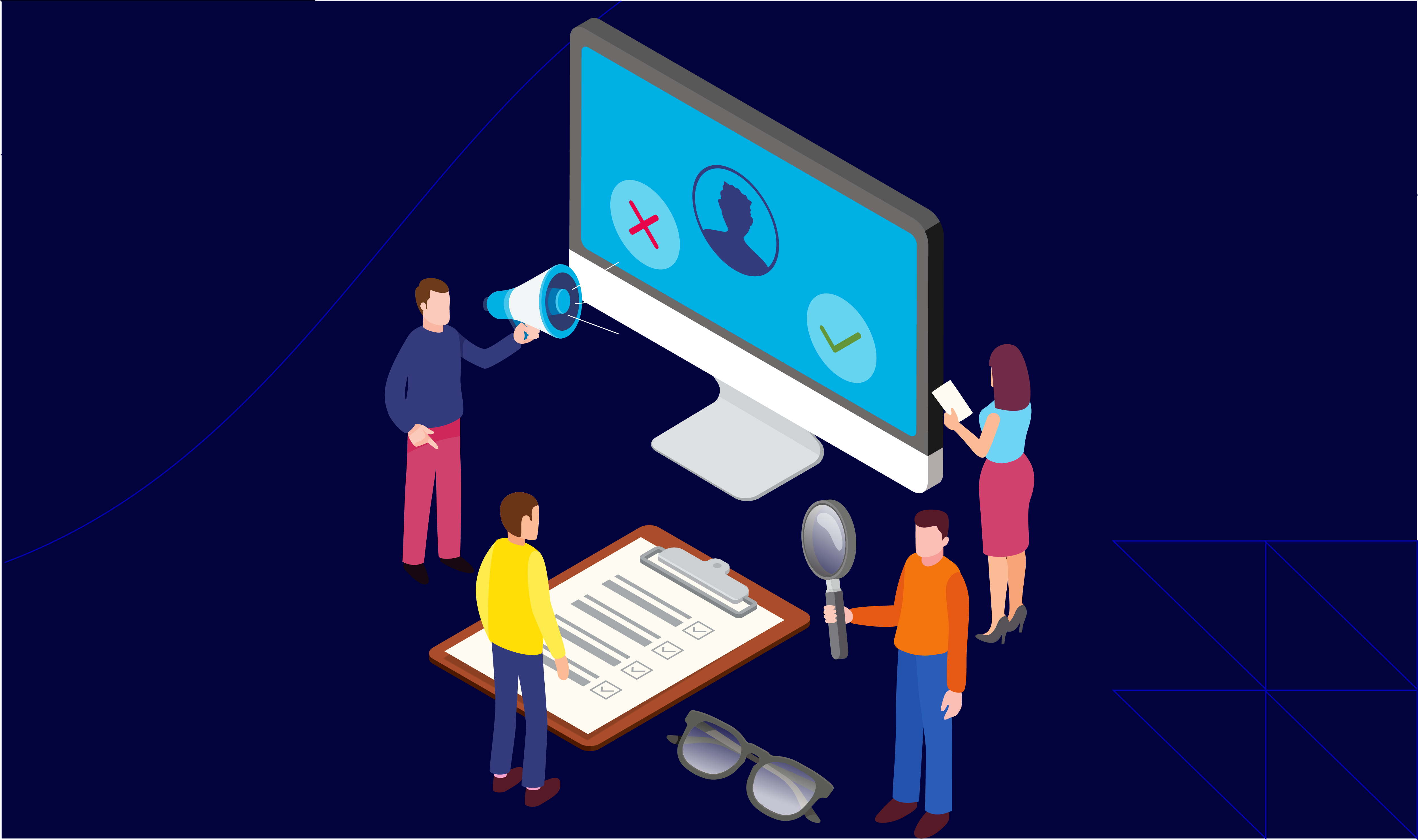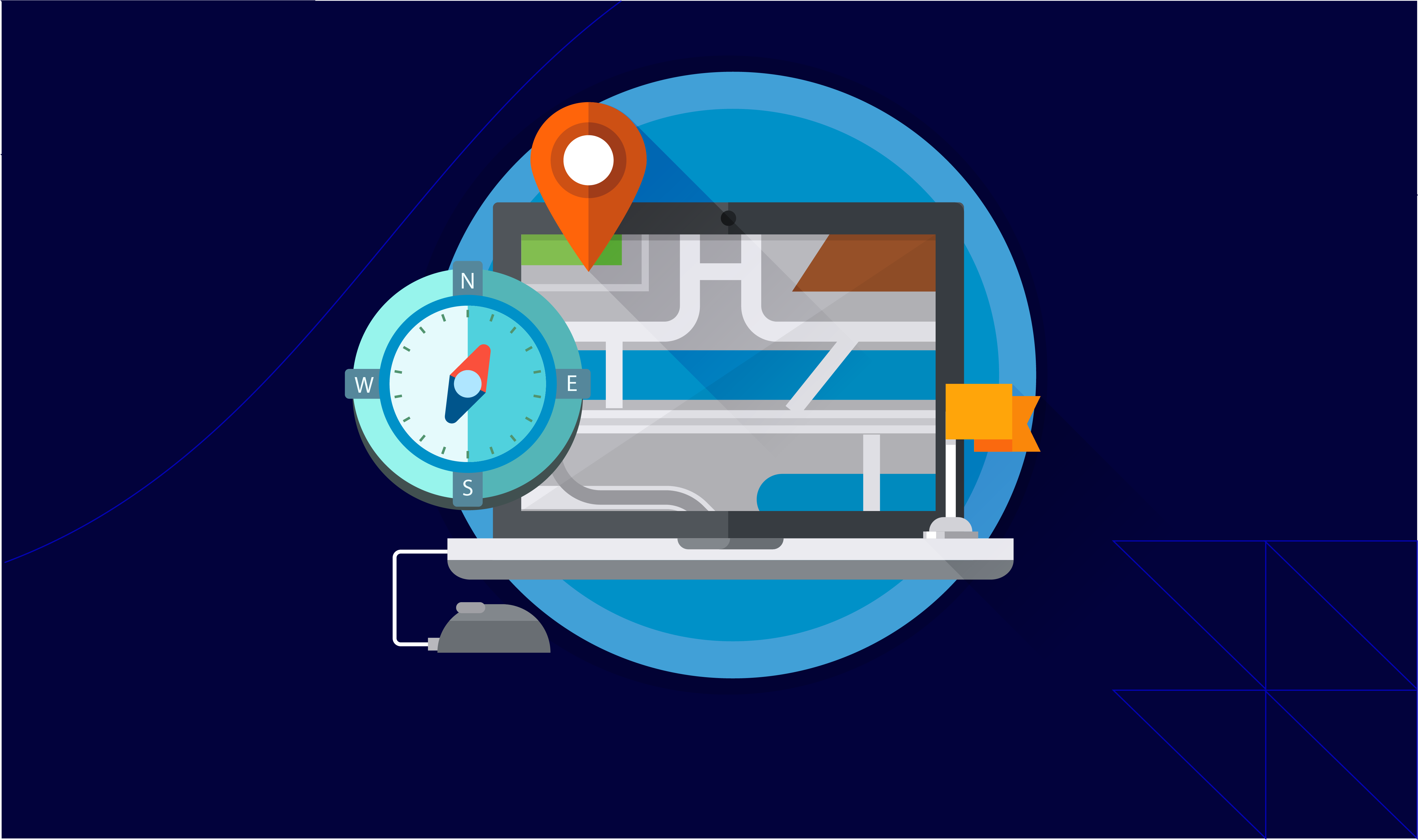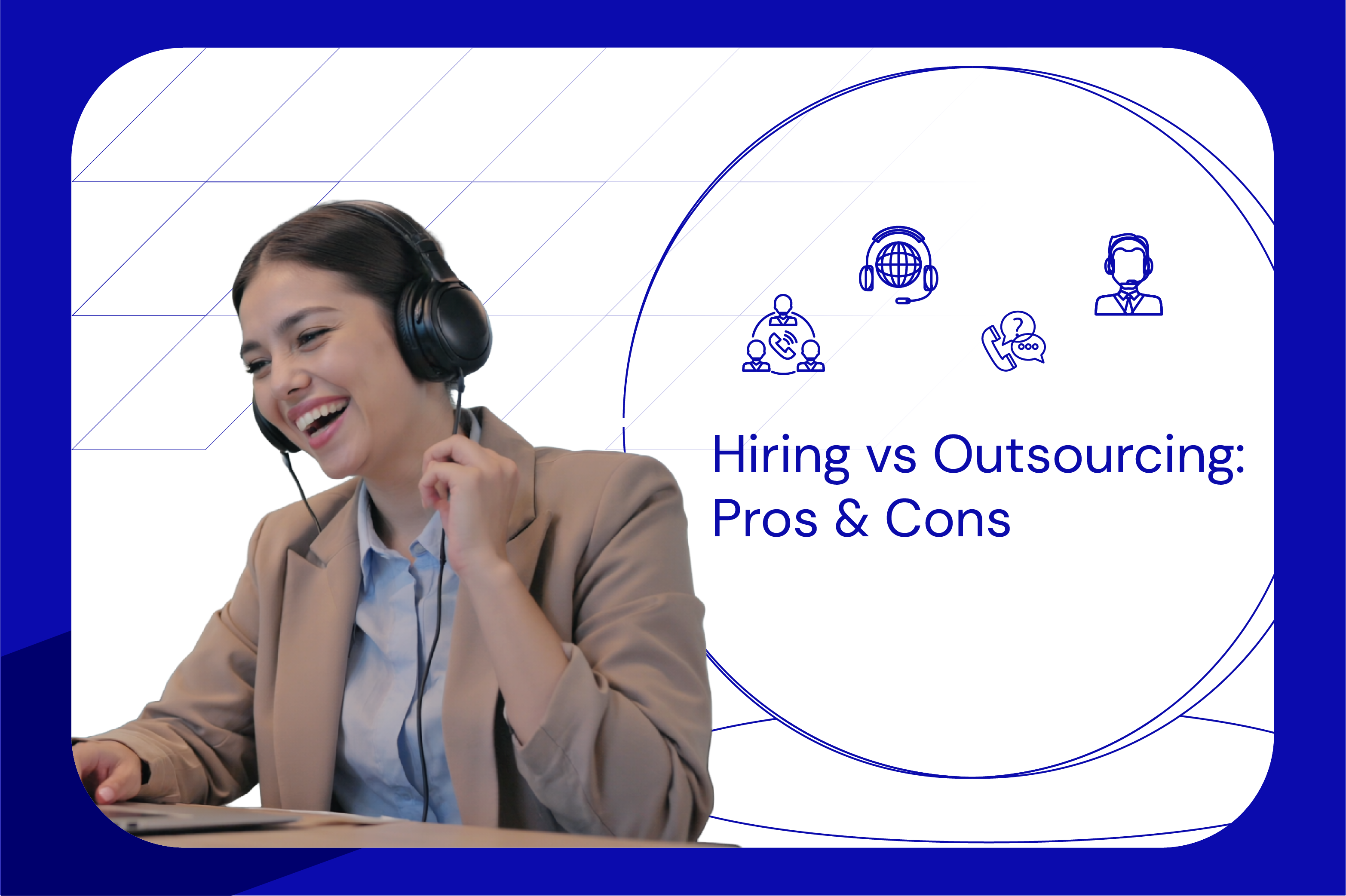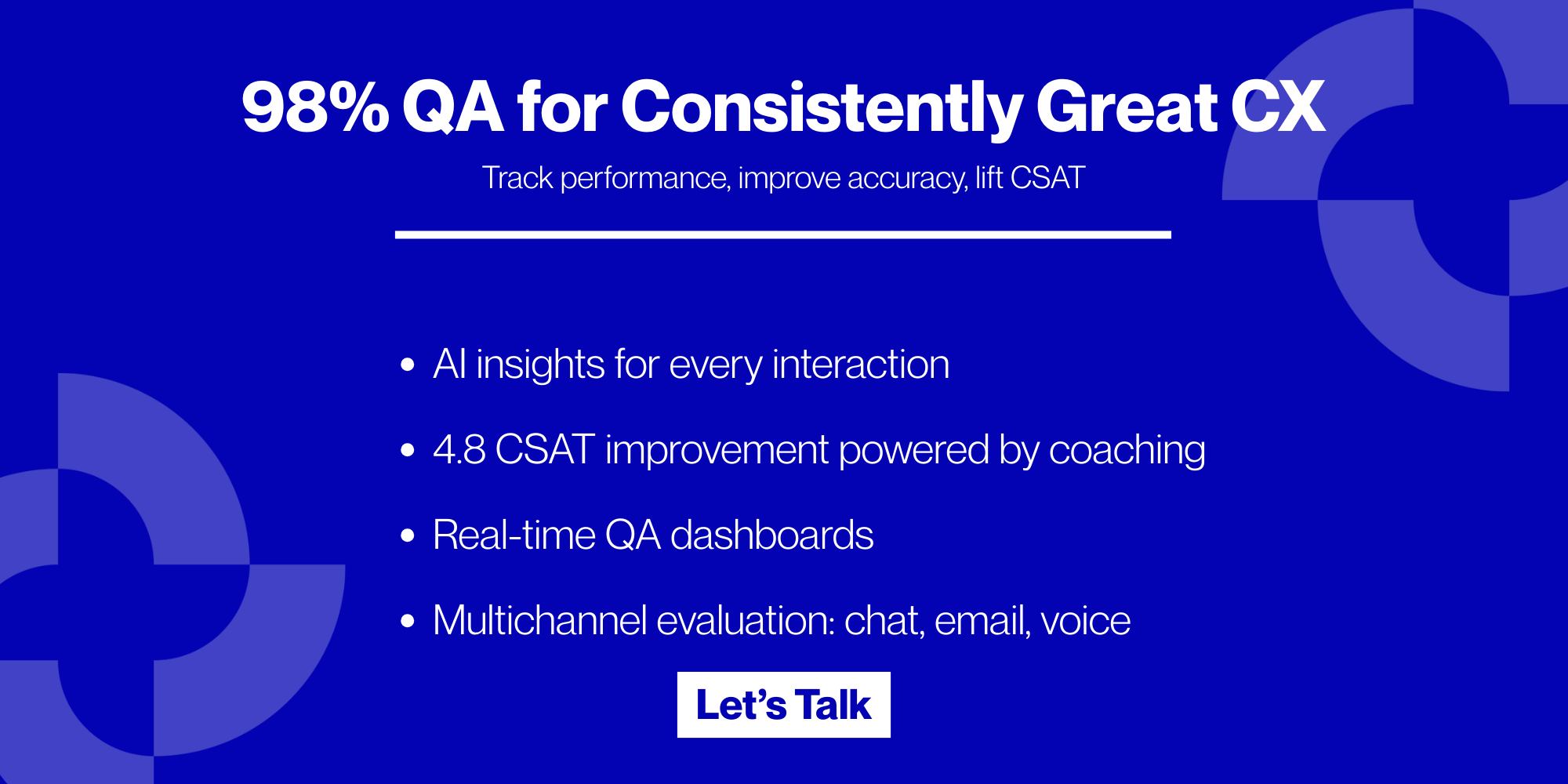What is Better – Hiring or Outsourcing?

Running a business means constantly making decisions, and one of the biggest is whether to hire or outsource.
Do you build a team from within, ensuring cultural fit and loyalty? Or do you outsource tasks to experts who can do the job faster and cheaper?
It’s not a one-size-fits-all answer. Both hiring and outsourcing come with advantages and challenges, and the right choice depends on your business needs, budget, and goals.
For leaders in customer support and customer experience roles at growing D2C and consumer brands, the decision often comes down to balancing cost efficiency with the quality of customer interactions.
Let’s break down the pros and cons of outsourcing vs hiring.
The Pros of Outsourcing
Let’s be honest—running a business is a juggling act. You’ve got sales, marketing, customer support, IT, payroll… and about a hundred other things demanding your attention. It’s overwhelming!
So, here’s the million-dollar question: Do you really need to do everything in-house?
That’s where outsourcing comes in—and trust me, it’s a game-changer. Let’s break down why smart businesses (big and small) are outsourcing like pros.
1. Cost Savings
Running a business isn’t cheap. Salaries, benefits, office space, equipment, software, training…it all adds up fast. And before you know it, your payroll alone is eating up a huge chunk of your budget.
This is where outsourcing can be a real gamechanger. Outsourcing can cut costs by up to 70% compared to in-house teams. Here’s how:
- Instead of paying a fixed salary (plus bonuses, raises, and benefits), you only pay for the work you need.
- Health insurance, 401(k) matches, paid leave—outsourced teams handle their own perks.
- Remote outsourced teams mean no need for extra desks, computers, or office rent.
- Instead of spending weeks training new employees, outsourced professionals hit the ground running.
For a VP of Customer Experience at a $10M D2C brand, this can mean making changes in the budget to include growth initiatives like CX technology or loyalty programs.
2. Access to Expertise
Not every business has an in-house IT guru, a marketing whiz, or a finance expert just sitting around waiting to solve problems. And hiring one? That’s expensive, time-consuming, and a long-term commitment.
But what if you could instantly access the best minds in the industry? Outsourcing lets you bring in experts when you need them.
When you outsource, you’re not limited to the talent in your city—or even your country. You get to tap into a worldwide network of highly skilled professionals with years of experience in exactly what you need.
For example, many D2C companies outsource customer support to partners who have already managed millions of consumer interactions, giving them a level of quality that’s hard to replicate.
3. Scalability and Flexibility
Think about retail businesses during the holiday season. In November and December, sales go through the roof, and companies need extra customer service reps, logistics support, and warehouse workers. But by January? Things slow down.
That’s where outsourcing changes the game. Instead of hiring full-time employees, you can scale your workforce up or down almost instantly.
Research shows that 60% of businesses say outsourcing helps them adapt to market changes faster than hiring. For CX leaders, this flexibility can help deliver a smooth peak-season experience.
4. Focus on Core Business
Would you rather spend your day managing payroll and customer complaints—or building your next growth channel?
When you offload non-core tasks like admin work, tech support, and customer service, you and your team can shift focus to big-picture goals.
Many consumer brands that partner with Atidiv use this to innovate, launch new subscription models, expand into new geographies or strengthen customer loyalty.
Where Keeping it In-House Scores Over Outsourcing

1. More Control Over Work Quality
With an in-house team, you call the shots. Your team works by your rules, your expectations, and your quality benchmarks.
This level of control matters especially in industries with heavy operations or when handling sensitive customer data.
2. Better Collaboration & Communication
In-house teams mean faster communication and fewer time zone delays. For projects requiring rapid collaboration—like product launches—this advantage is significant.
3. Long-Term Investment in People
Hiring full-time staff creates brand champions who align with your mission. Over time, they build deep knowledge of your business and customers.
For example: a CX manager at a D2C company may grow into a strategic leader who helps shape the customer journey for years to come. That continuity is harder to achieve with outsourced partners.
Hire vs Outsource: How to Make the Right Call

Hire in-house if:
- You need full control over the work.
- Security & compliance are major concerns.
- You’re building long-term expertise.
- Collaboration is key.
Outsource if:
- You need specialized skills fast.
- You want to reduce costs.
- Scalability is a priority.
- You need results ASAP.
Many D2C brands choose a hybrid approach like, keeping leadership and strategy in-house while outsourcing operational functions like customer support, finance or digital marketing. This ensures quality control while still benefiting from cost efficiency and scalability.
Why Atidiv
The right BPO partner can take your business to the next level, giving you the freedom to scale, adapt, and win.
Atidiv partners with consumer brands and D2C companies in the US, UK & Australia, delivering outsourcing solutions in customer experience, finance & accounting, digital marketing and content moderation. Our teams are built for scale, driven by data and trusted by leaders who want to grow.
FAQs On Pros and Cons of Outsourcing
1. Is it cheaper to outsource or hire in-house?
Outsourcing is usually way cheaper than hiring full-time employees because you skip the costs of salaries, benefits, office space, and training. Depending on the role, outsourcing can cut costs by up to 70%.
2. What tasks should I outsource vs. keep in-house?
Outsource tasks that are time-consuming, repetitive, or require specialized skills—like IT, payroll, customer support, and digital marketing. Keep in-house roles that need deep company knowledge, real-time collaboration, and long-term strategy, like leadership, product development, and core branding.
3. What’s the biggest risk of outsourcing?
The biggest risks are less control over quality, communication challenges, and potential security concerns (especially with sensitive data). That’s why it’s crucial to choose a reliable outsourcing partner (such as Atidiv!) that understands your business needs and aligns with your standards.
4. Can I do both—hire in-house AND outsource?
Absolutely! Many businesses use a hybrid model—keeping strategy-driven roles in-house while outsourcing tasks like IT, customer support, and finance. This gives you the best of both worlds—cost savings + control.
5. How do I decide between hiring and outsourcing?
Ask yourself: Do I need full control? Do I need specialized skills fast? Do I want to reduce costs? If control and long-term investment matter, hire in-house. If flexibility, scalability, and expertise-on-demand matter, outsource. Or, use a mix of both!

